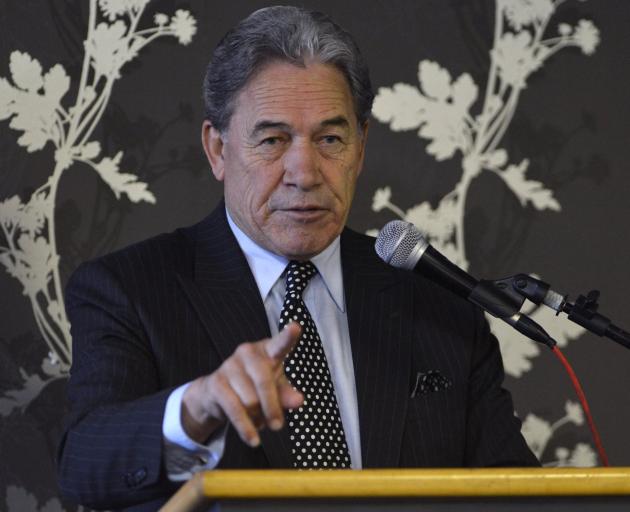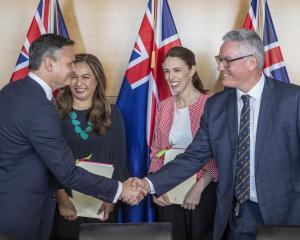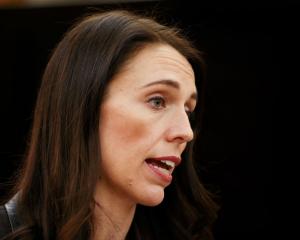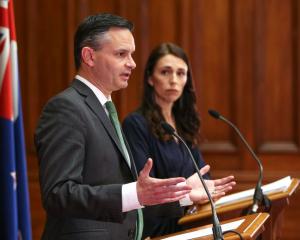
The local unit of one of Asia’s biggest fund managers has been weighing up the impact of next month’s general election all year, which Mr Williams anticipates will end up as a centrist government propped up by the Peters-led New Zealand First. The big unknown for Nikko is how long it will take for a government to form, and Nikko has shifted some assets to Australia due to the information vacuum over policy demands.

"There are a couple of areas where there’s a bit of vulnerability for valuations in the event from Peters holding the balance of power and what he might say, so logically we can store some nuts over the Tasman."
NZ First has lost some support in recent polls. Political analyst Colin James’ poll of polls showed the party’s support at an average 9.5% in the three polls to mid-August, down from 13% in July. Still, that translates to 12 seats in Parliament, enough to install either the National Party or a Labour-Green bloc to the Treasury benches.
Fergus McDonald, Nikko’s New Zealand head of bonds and currency, said Mr Peters was a known quantity, having held senior positions including treasurer, deputy prime minister, and minister of foreign affairs in the past, and that international investors would not be bothered by the election as long as the winners stuck to the current central banking framework and balancing the Crown accounts.
If there was any electoral uncertainty, Mr McDonald anticipated it would play out in foreign exchange markets, given the Reserve Bank’s flat forecast for interest rates, he said.
Irrespective of the election outcome, Mr Williams told investors New Zealand was still "really well placed" to keep meeting the demands of Asian consumers and investors.
That was not simply New Zealand’s high-quality food and beverage exports, but also the country’s education and standard of living, which Mr Williams said was a factor underpinning the local housing market. International commentators predicting a collapse in New Zealand and Australia’s respective housing markets ignored the underlying demand, which Mr Williams said was "really unique in an Asian environment".
The trust built up in New Zealand’s food products had encouraged Chinese consumers to seek out goods at the premium end of the market, but the degree to which New Zealand had earned that trust is still an open question that politicians and investors need to think about, he said.
"We’re not quite as green and clean as we should be. That’s one of the challenges that will come," he said.
"If we were to stuff that up, in particular with Asia, there is no coming back from that."
- Paul McBeth












